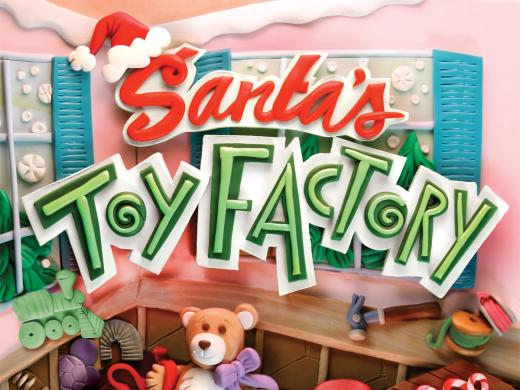
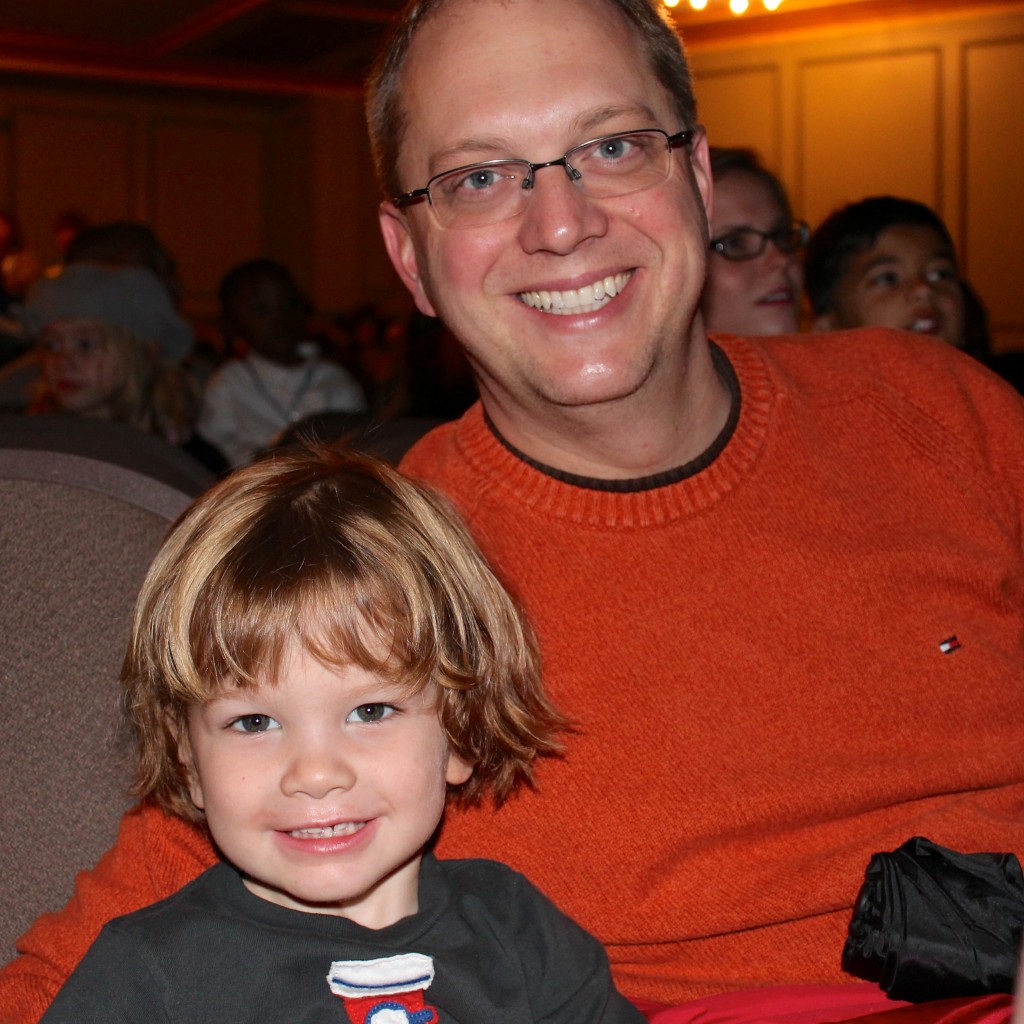
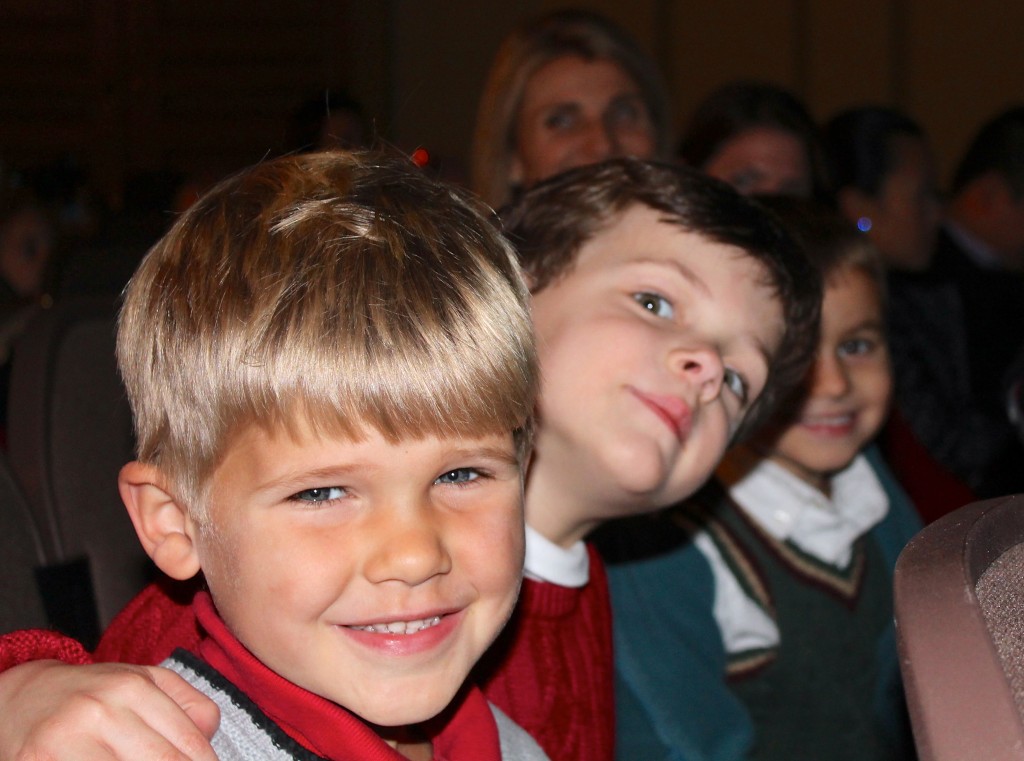

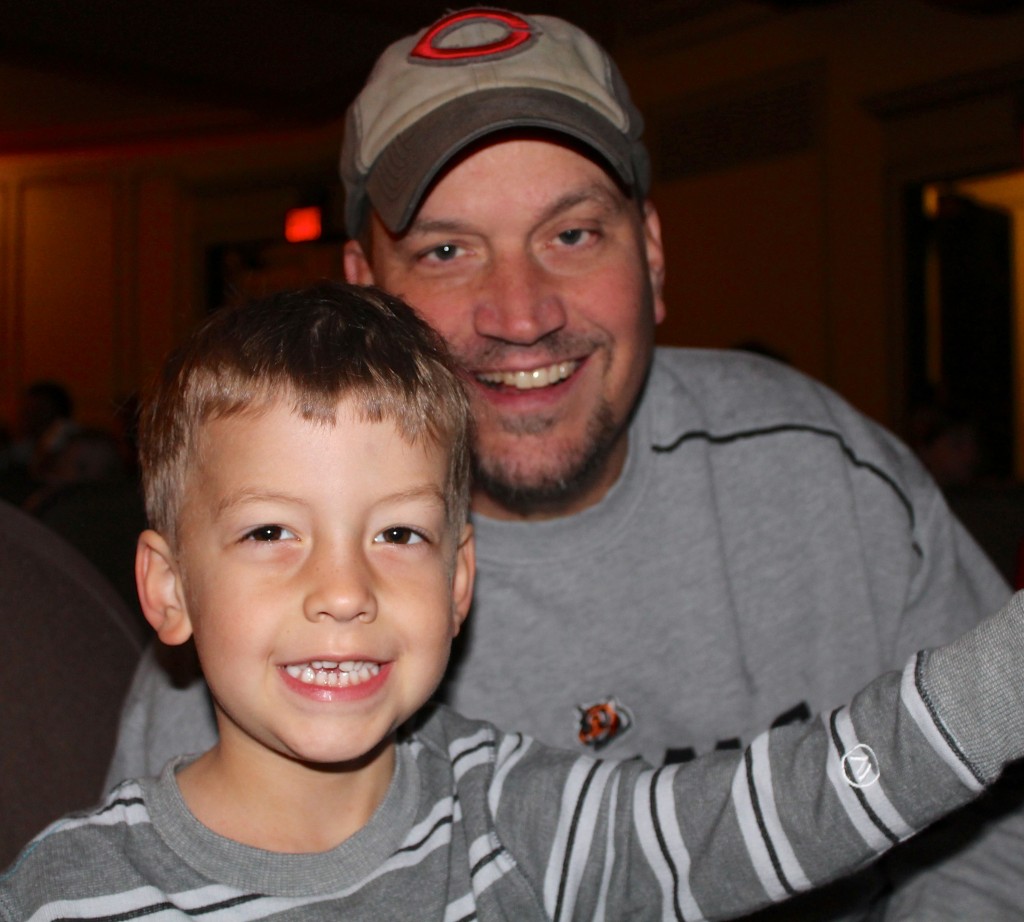
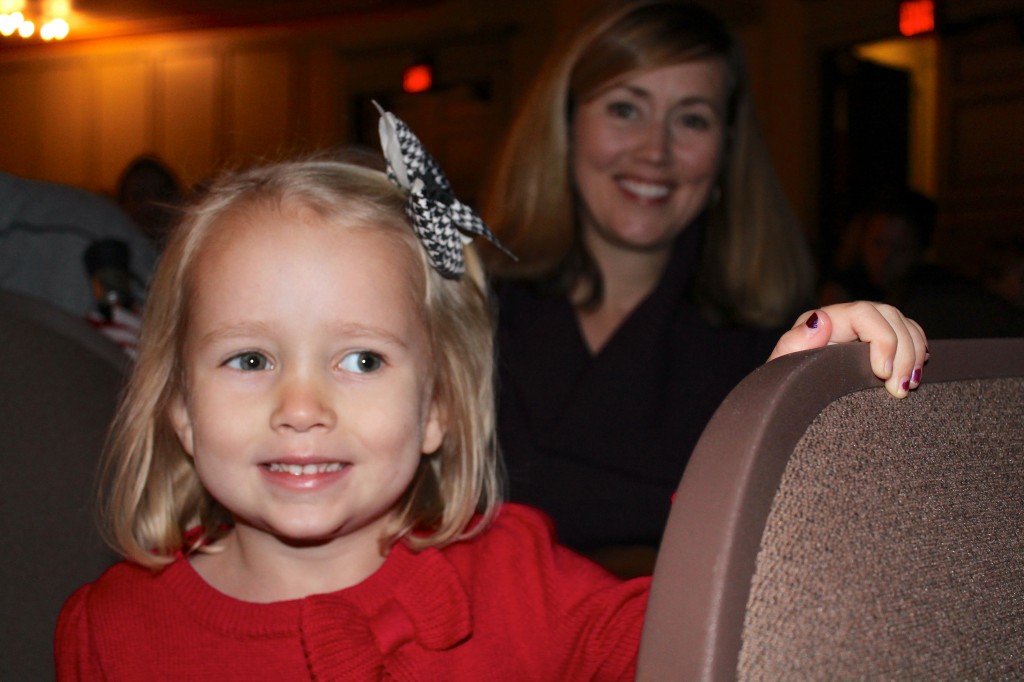
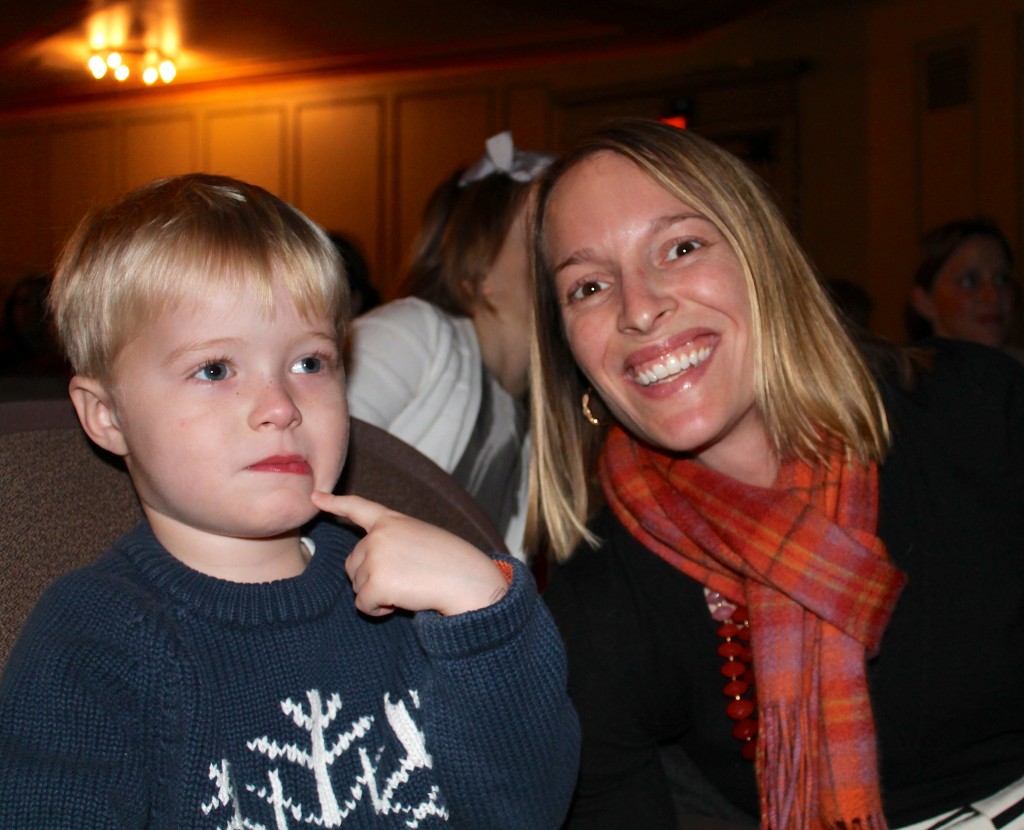
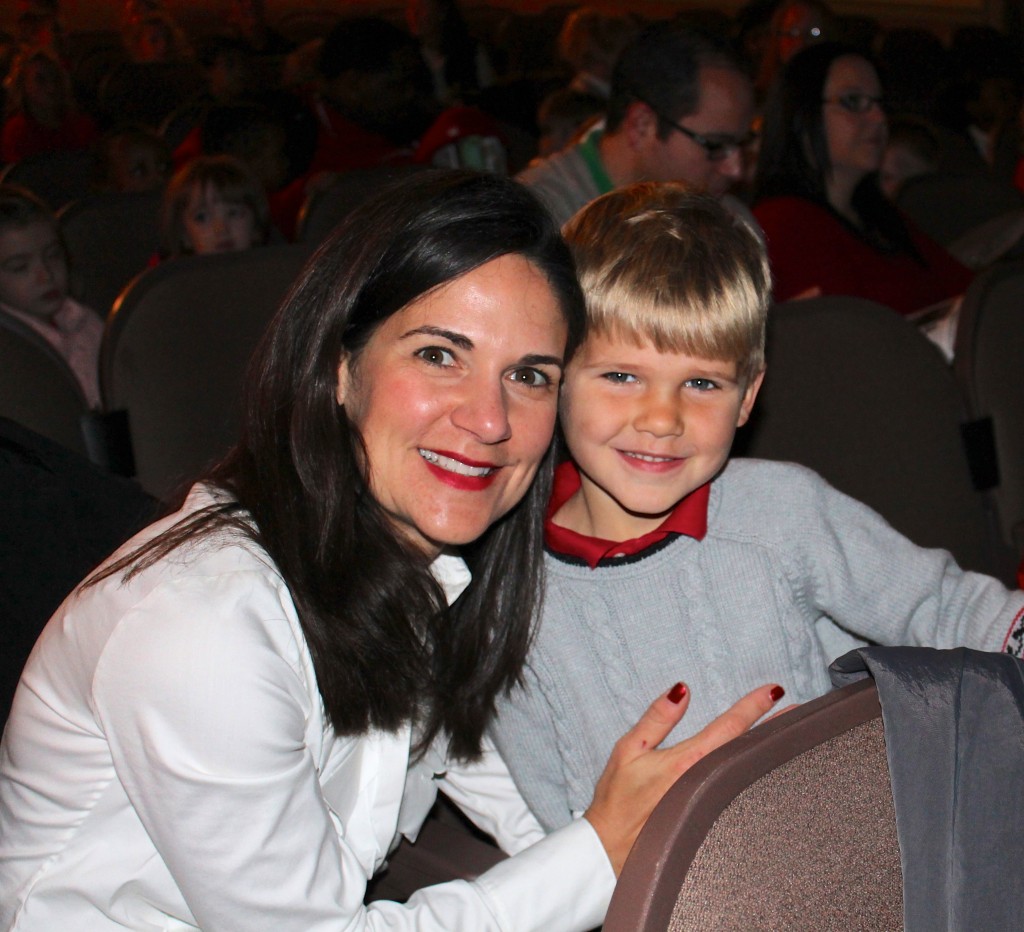
This week in small groups we read the book Making Bubbles by Bruce Larkin! We focused on the sight words make and a and we reviewed our sights from last week, the and I. During Reading groups we are focusing on learning the difference between letters and words and that letter build words and words build sentences! Give you child the opportunity to point out any sight words they may recognize as you read together.
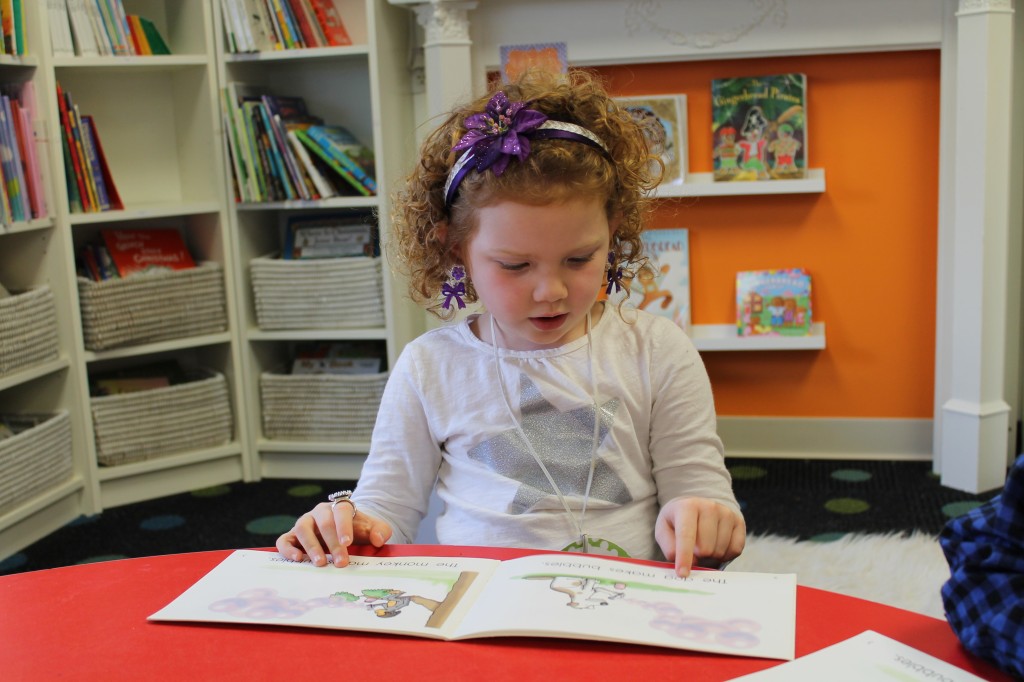
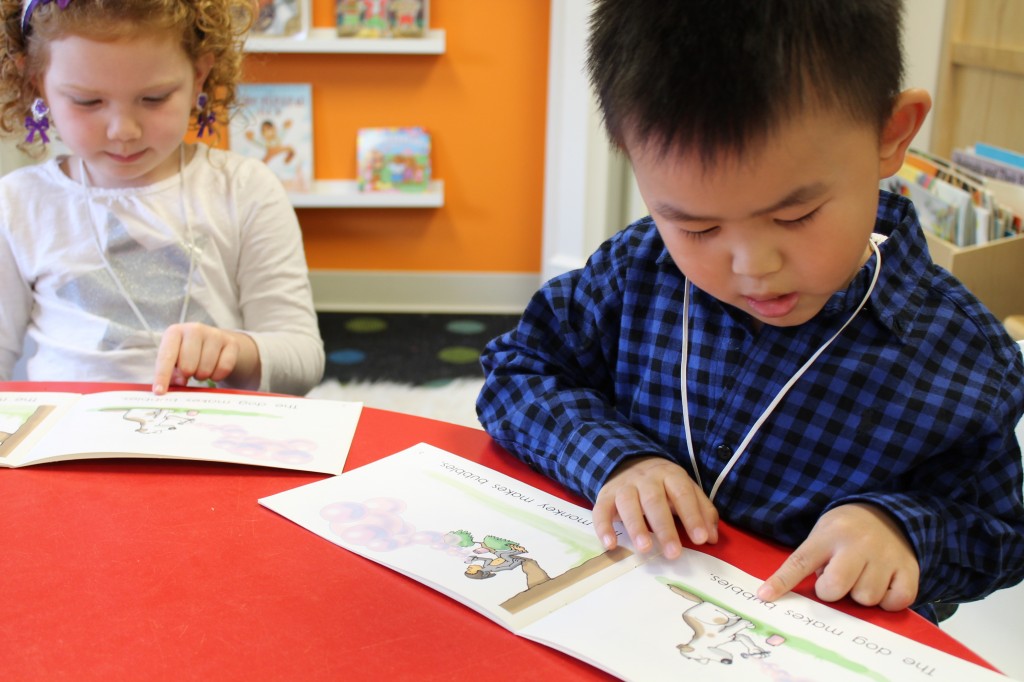
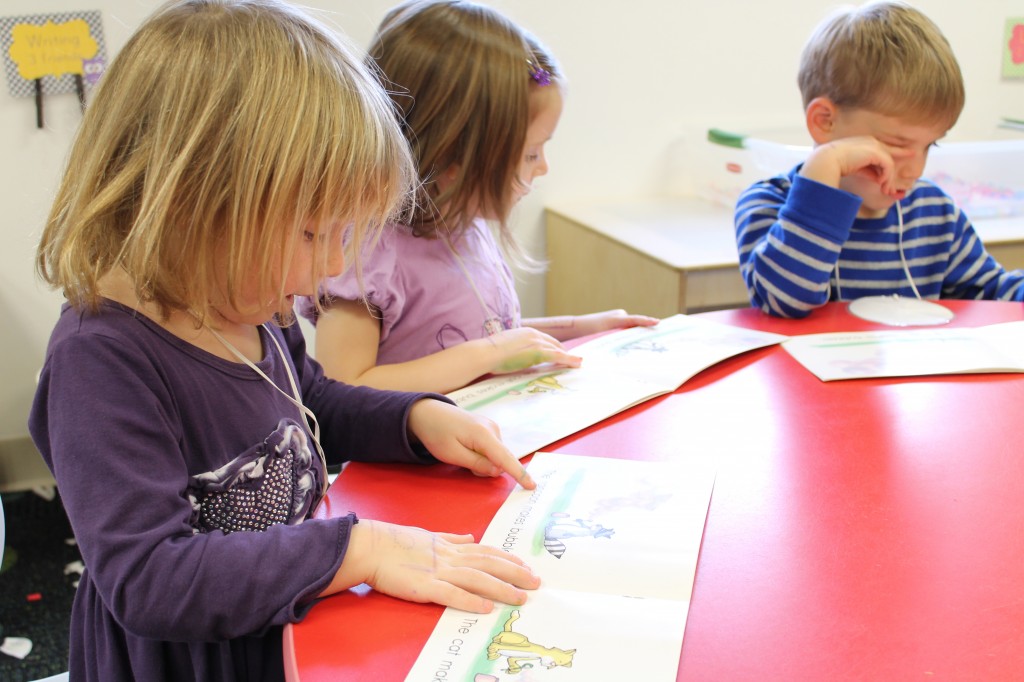
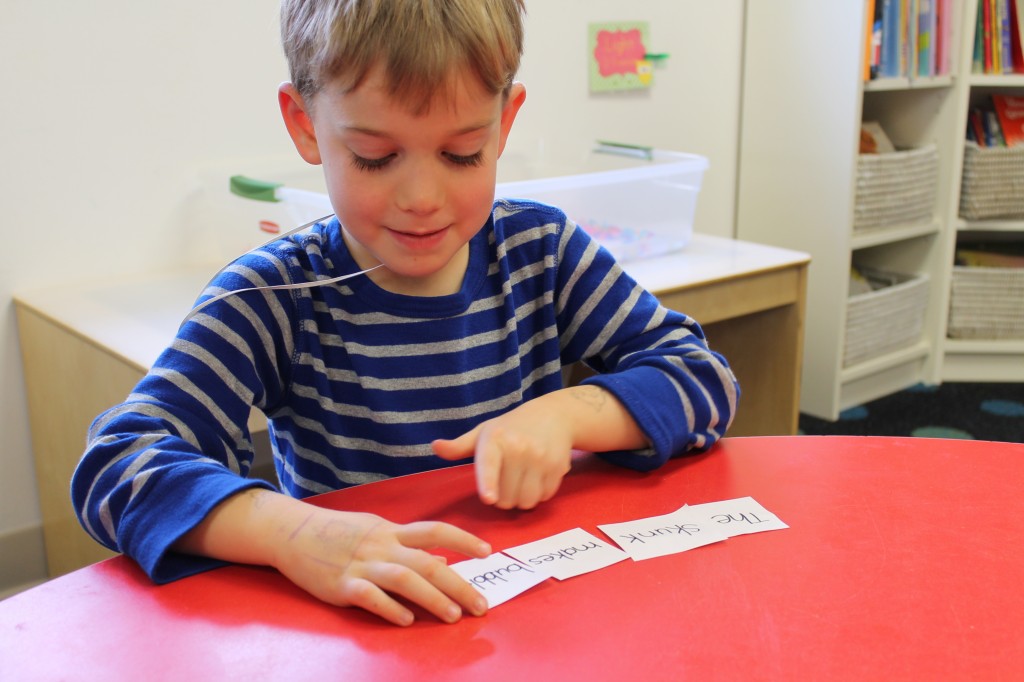
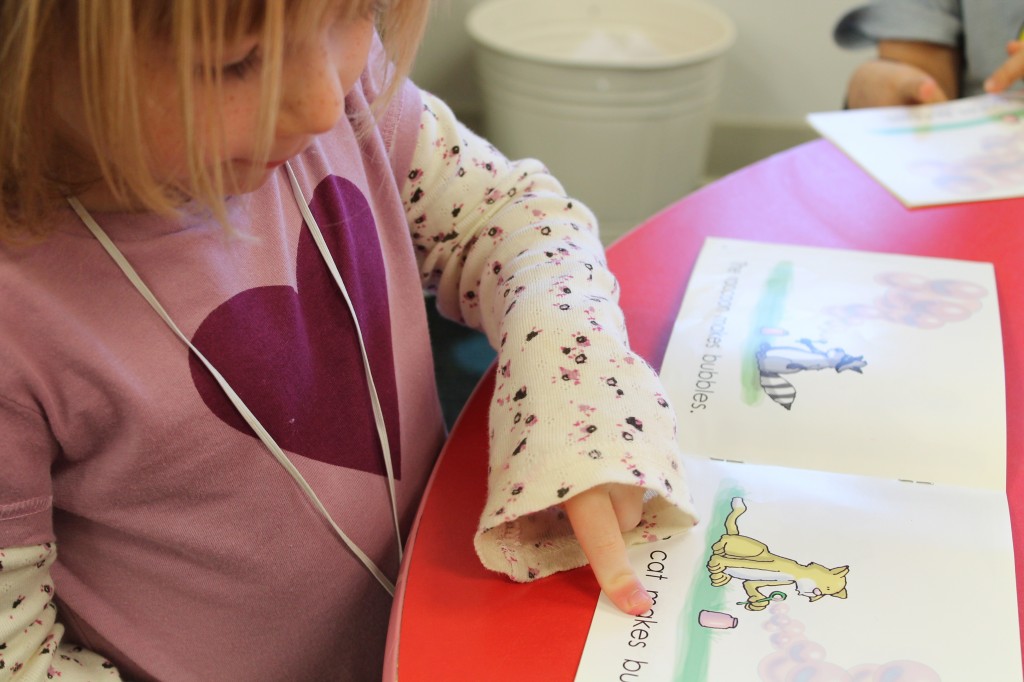
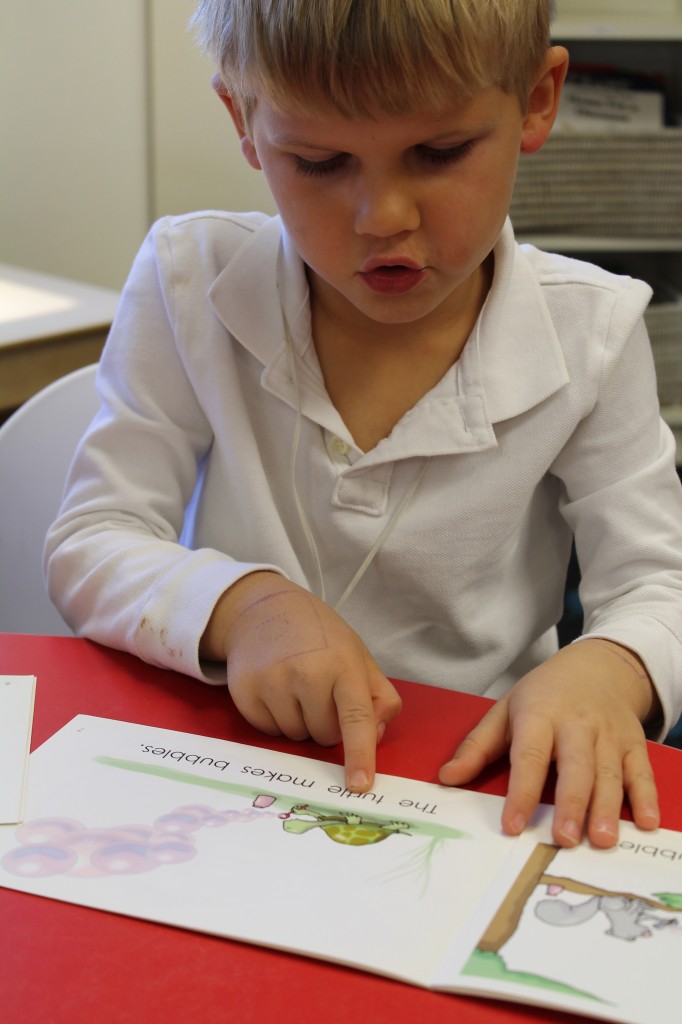
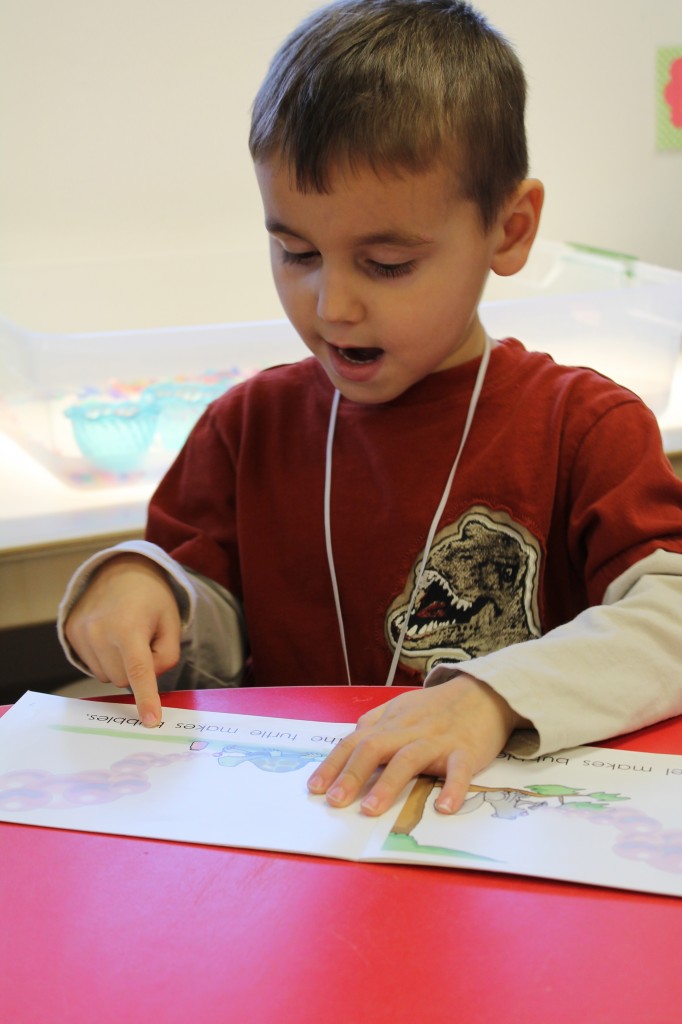
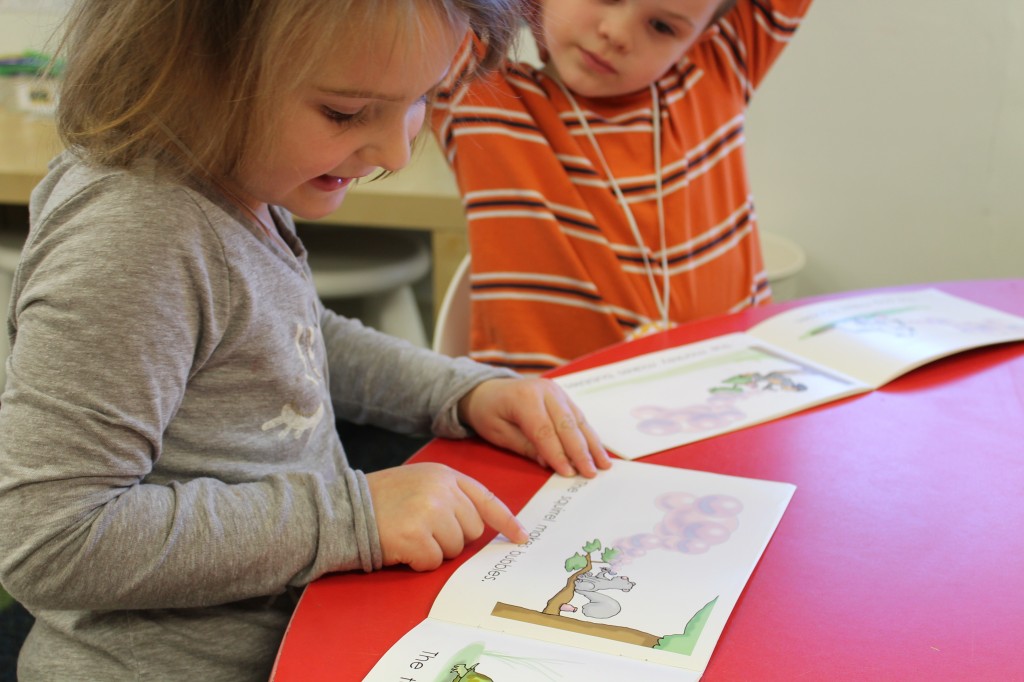
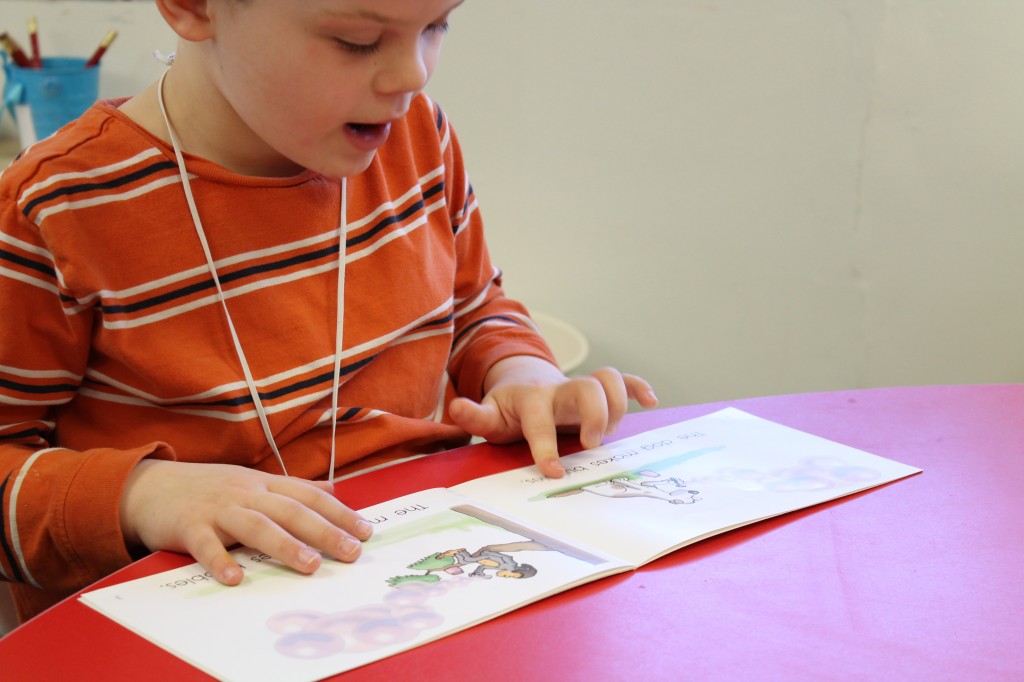
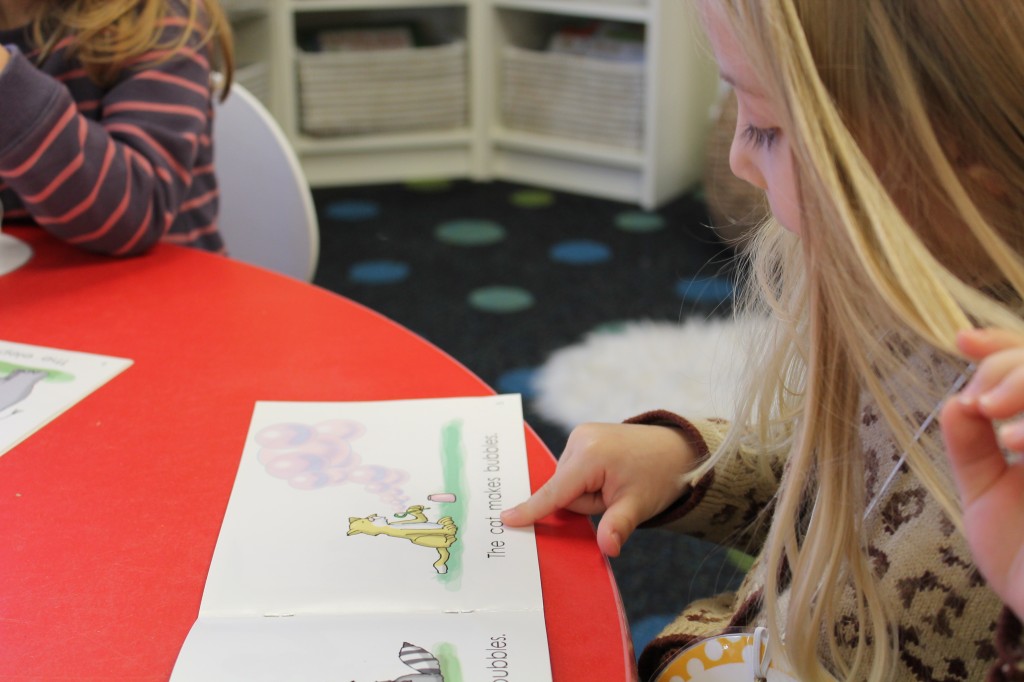
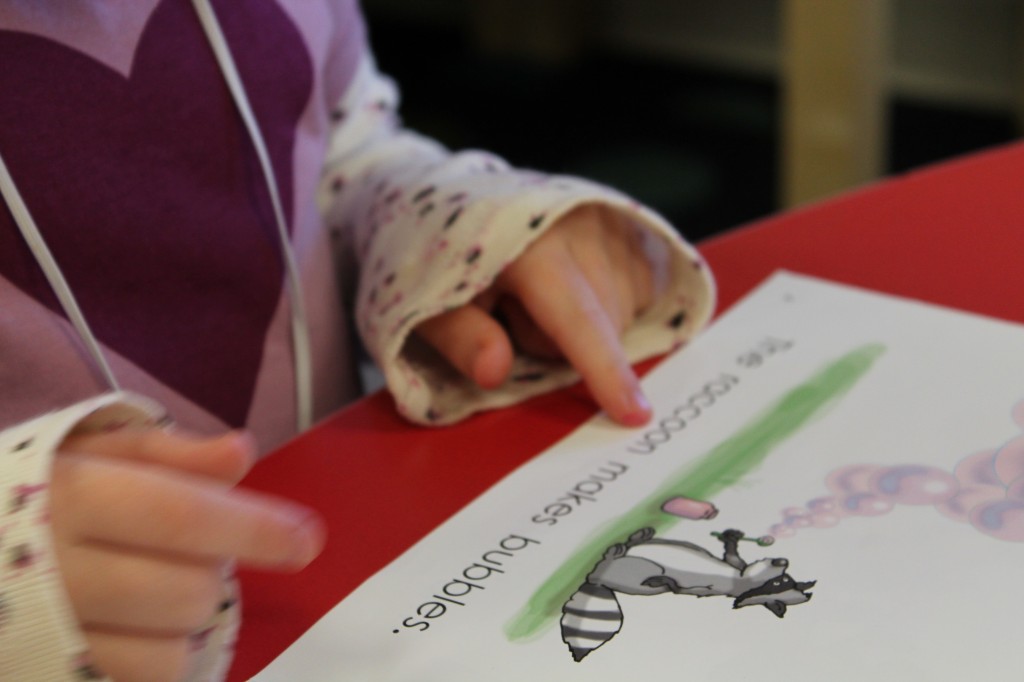
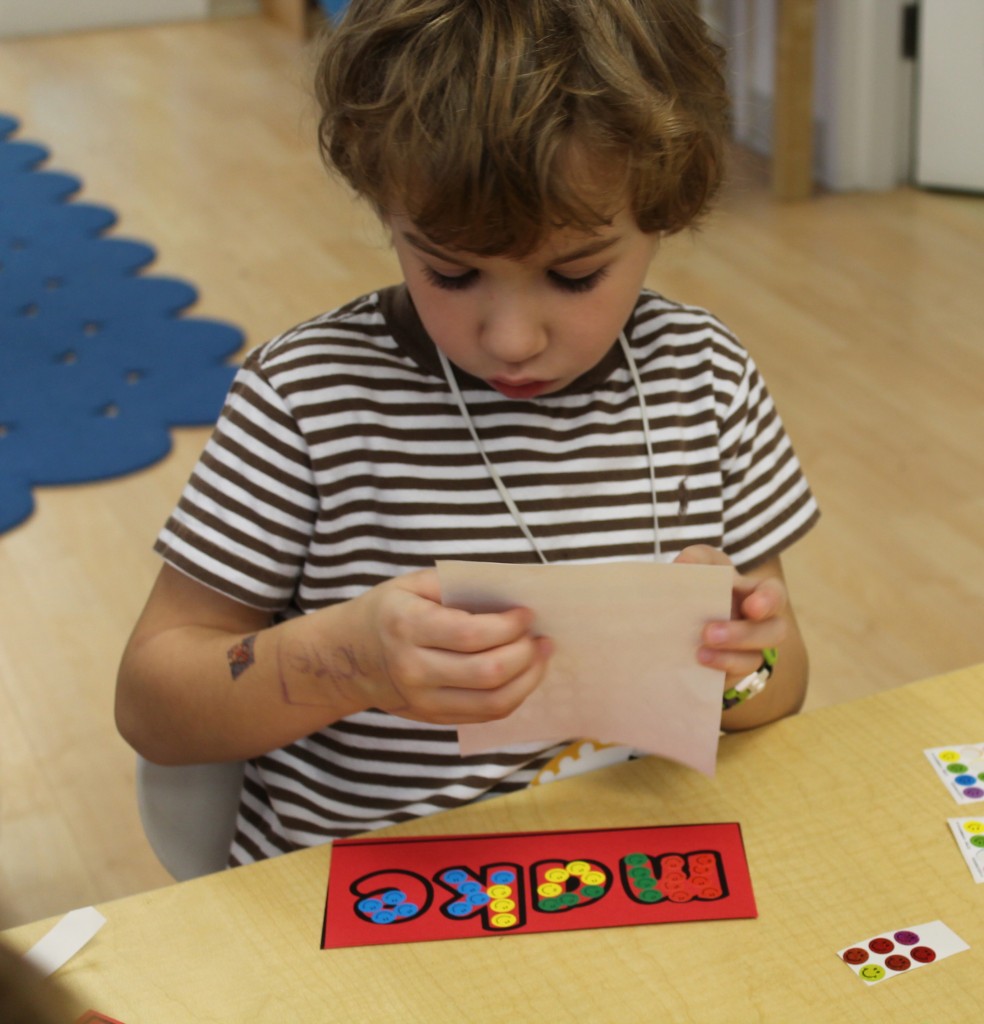
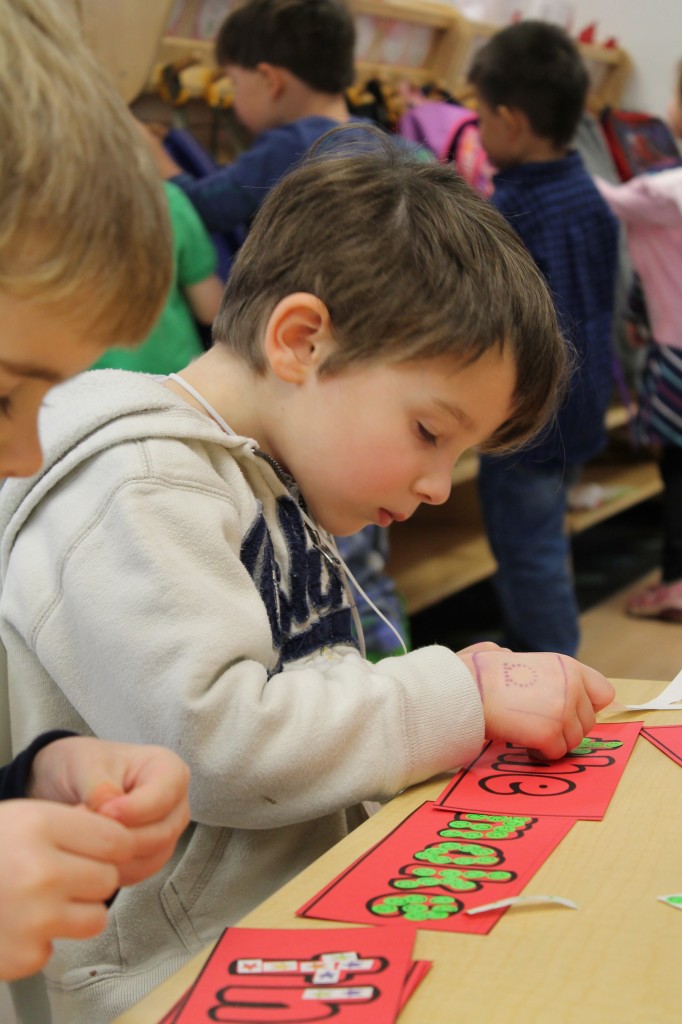
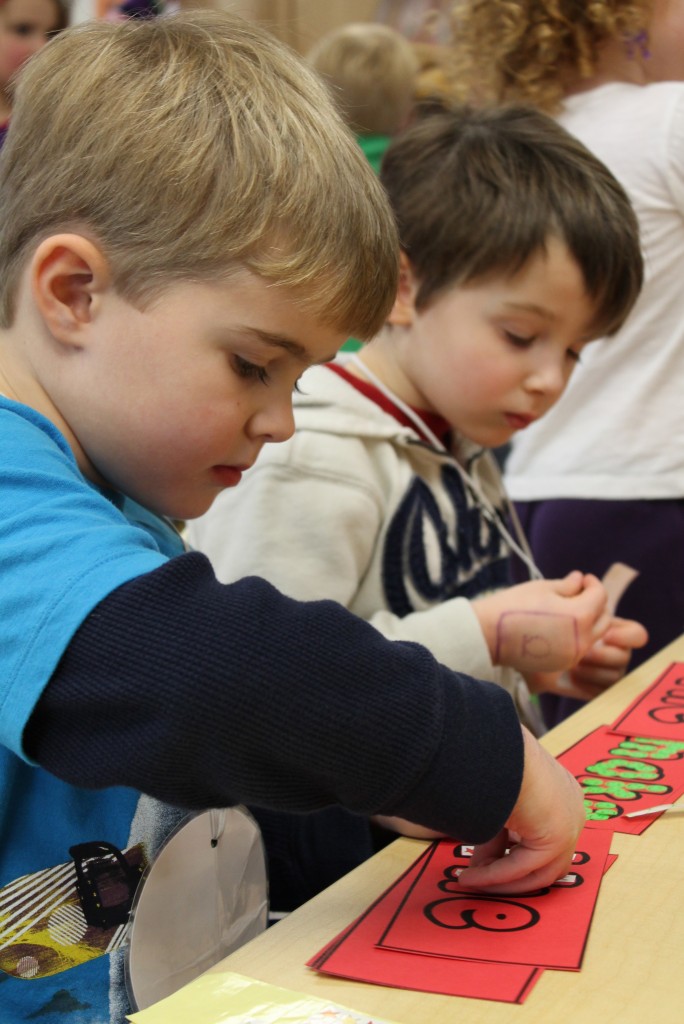
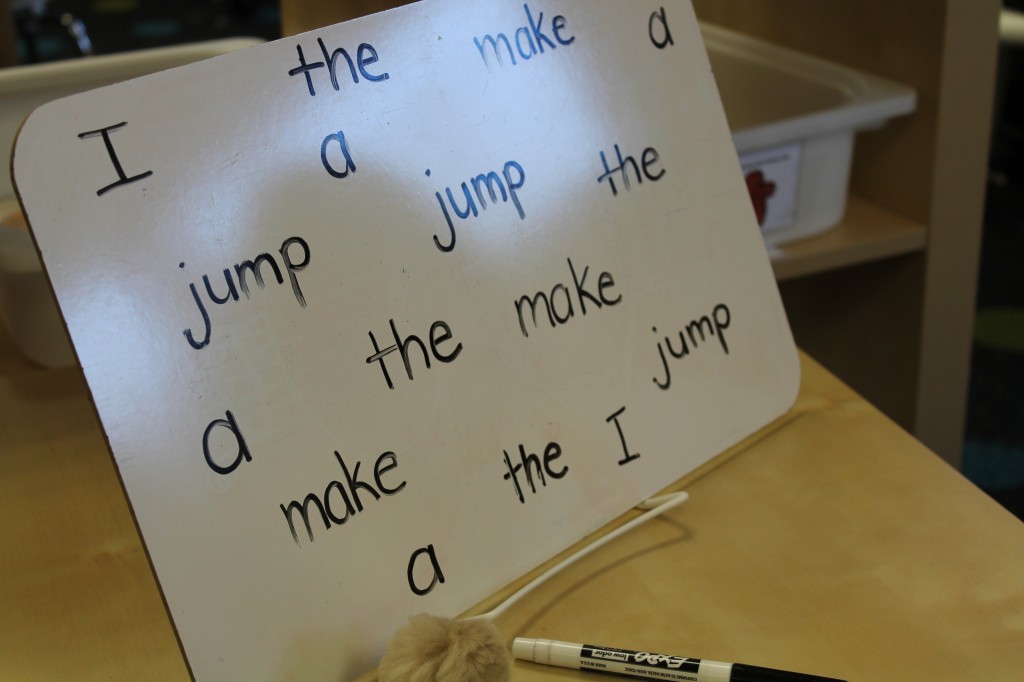
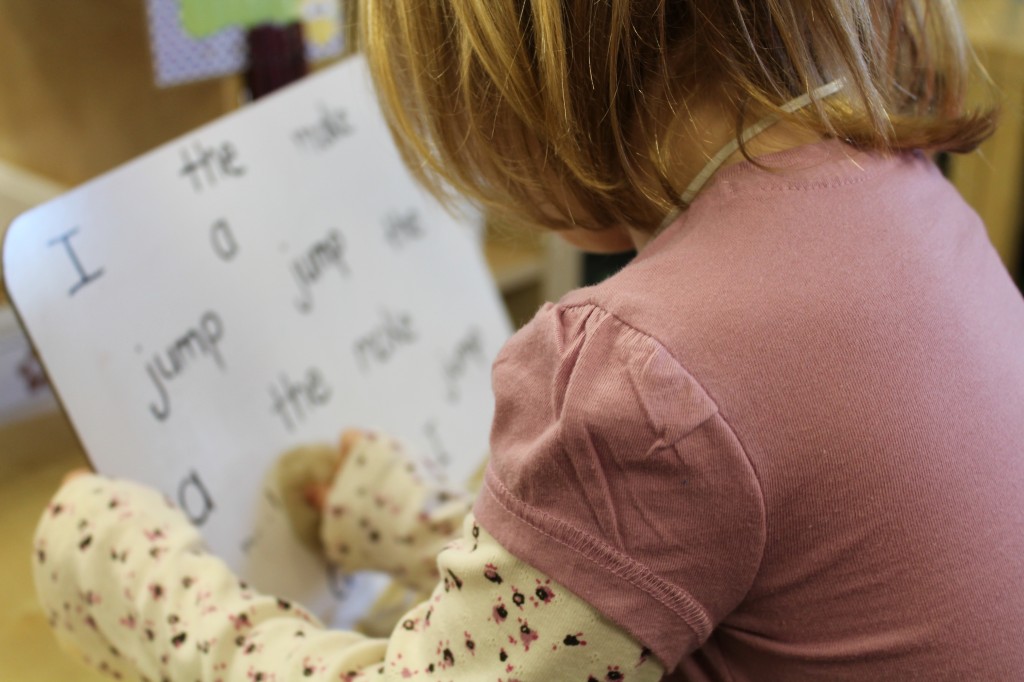
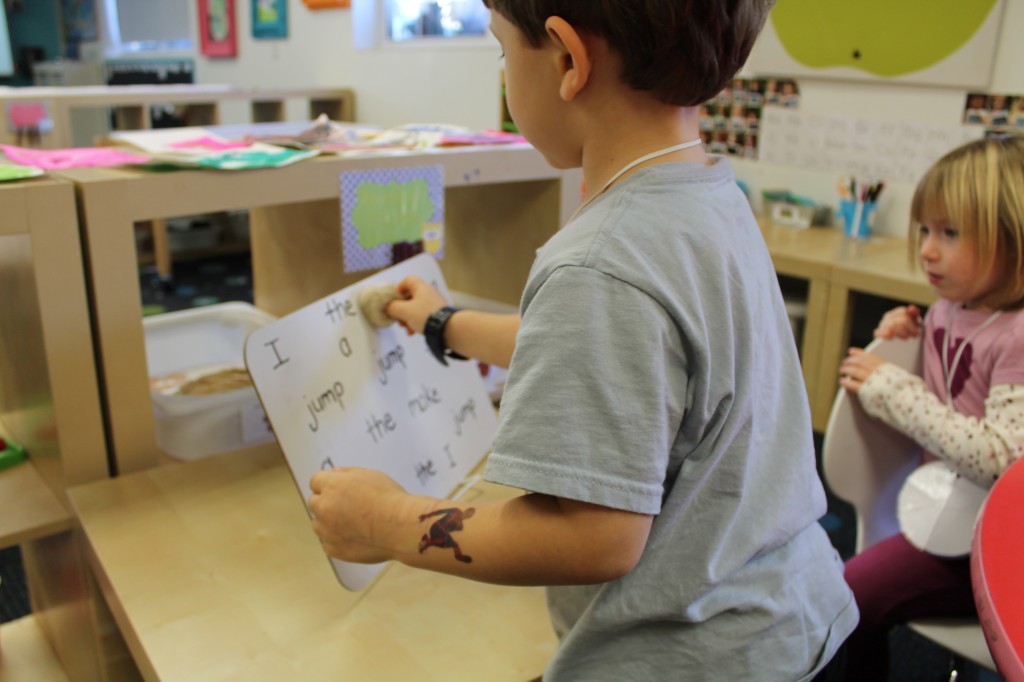

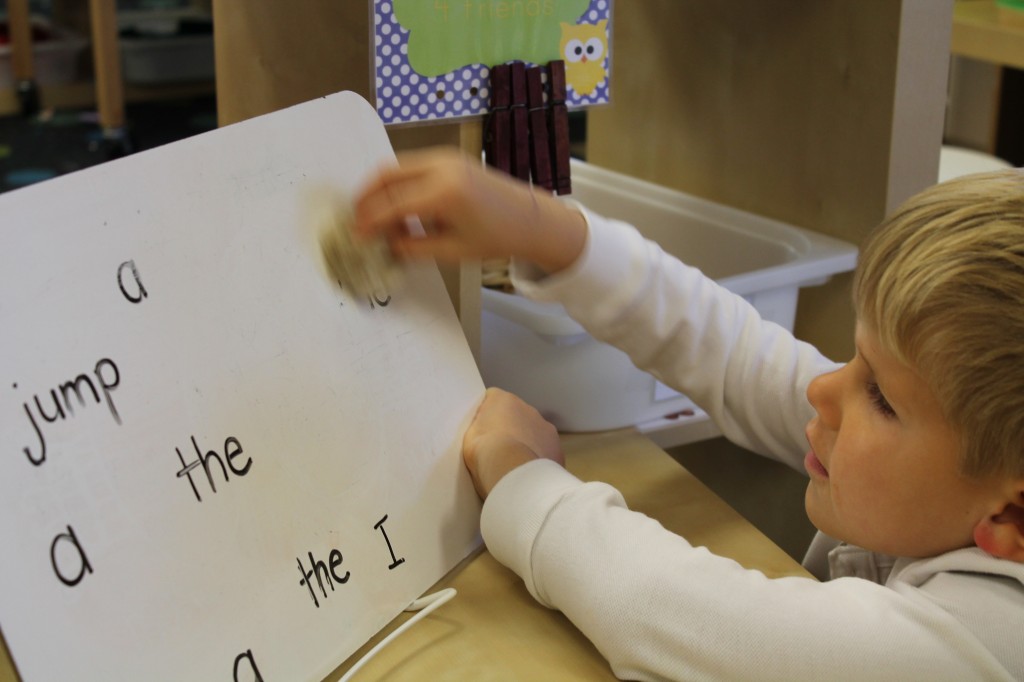
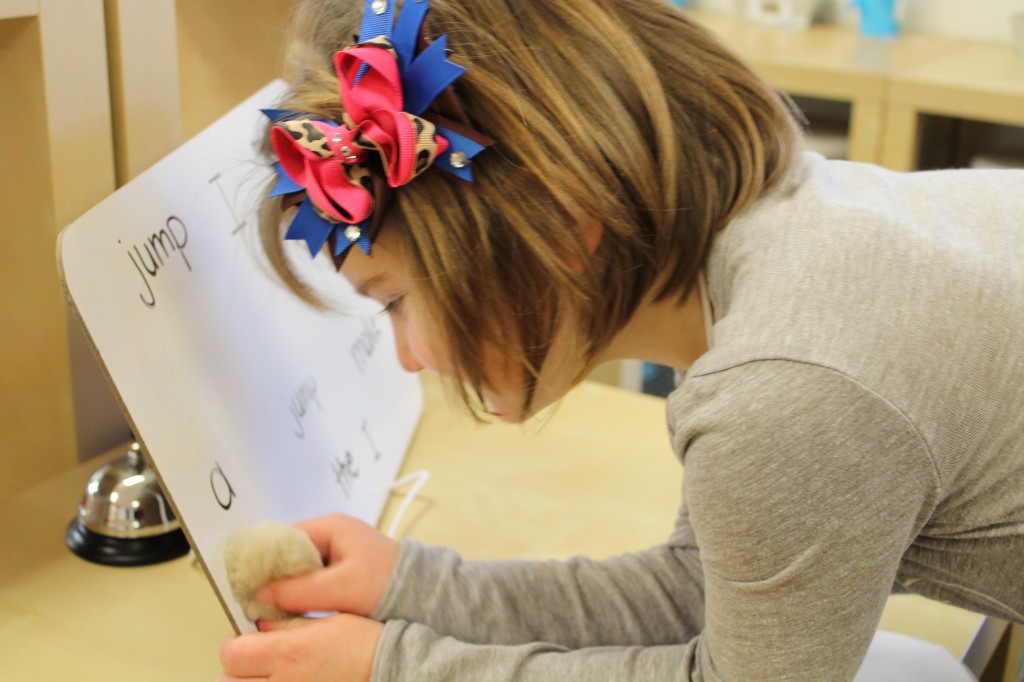
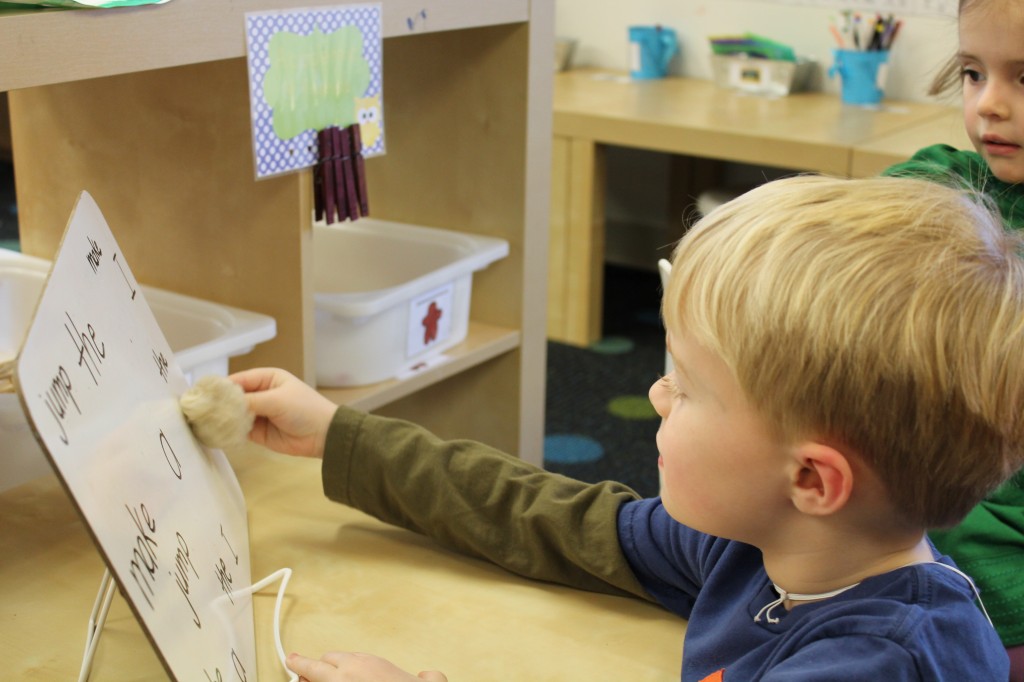
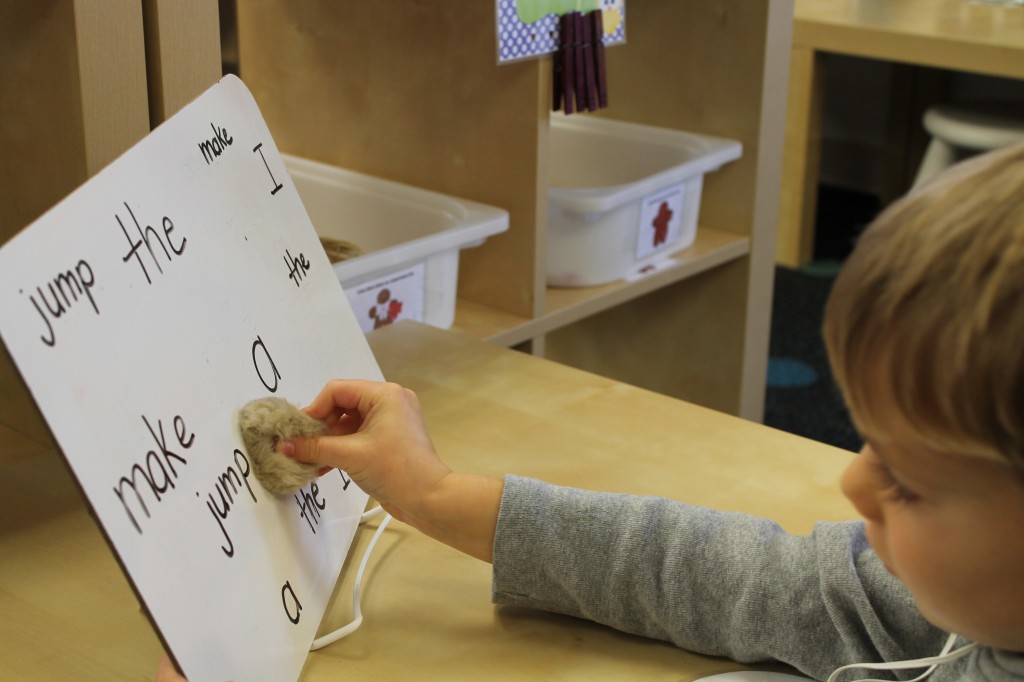
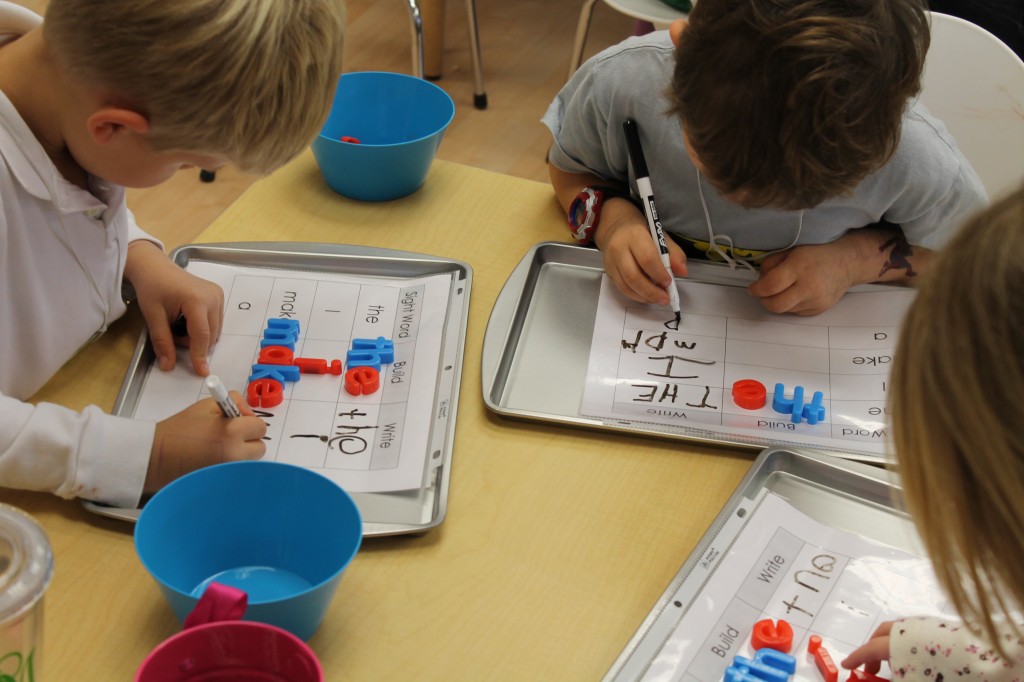

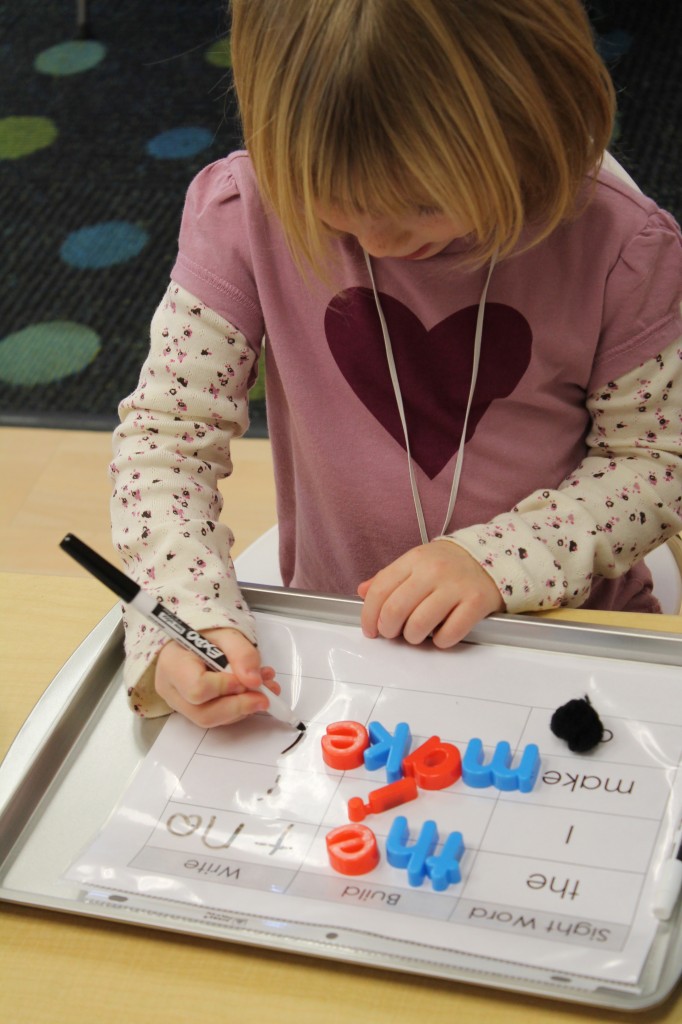
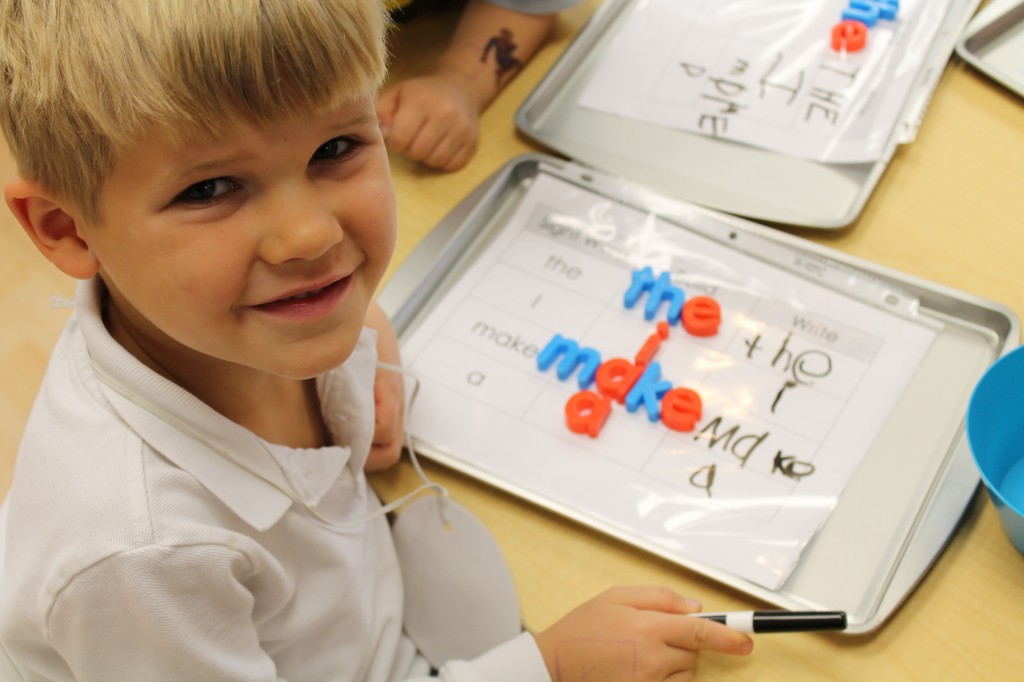
To productively participate in the classroom, all children must be able to understand and interpret spoken words. Auditory processing skills develop with time and practice. We incorporated our sight words of the week along with our friends names into our practice, today.
At the beginning of kindergarten, children are expected to consistently and accurately understand verbal directions. This includes following multi-step directions with ease, whether from familiar or unfamiliar people. For example, a child may be asked to color a worksheet, place it in a specific tray when it is completed, then line up to go outside. A teacher will give all three directions at the same time and expect a child to remember and execute all three steps without being reminded of what comes next at each stage of the activity. Children are also expected to respond appropriately to verbal questions such as, “What is your favorite flavor of ice cream?” Although this is a basic question, it is not uncommon for a child with poor auditory processing skills to respond with the answer, “In a cup” or “I eat ice cream all the time.” A child with weak auditory processing skills likely heard the words “ice cream” and maybe the word “favorite” but was unable to process the sentence correctly.
Kindergarten children will be taught reading skills, number concepts, and science and social studies concepts through verbal explanation and visual demonstration. Children are expected to understand and process the information presented in these lessons.
Children are expected to interact comfortably and independently with peers in play and work situations with little or no adult assistance. This requires listening to a peer’s directions and responding appropriately. An adult may be needed to begin the group work by suggesting a game or preparing the materials required for an activity. However, once the activity has begun, children should be able to complete the activity without a teacher’s assistance by listening to the other children’s comments and responding appropriately. (Source)
If you would like to help your child develop these skills at home, click on the photo below for a website with wonderful activities you can incorporate into your homework routine. Have fun!
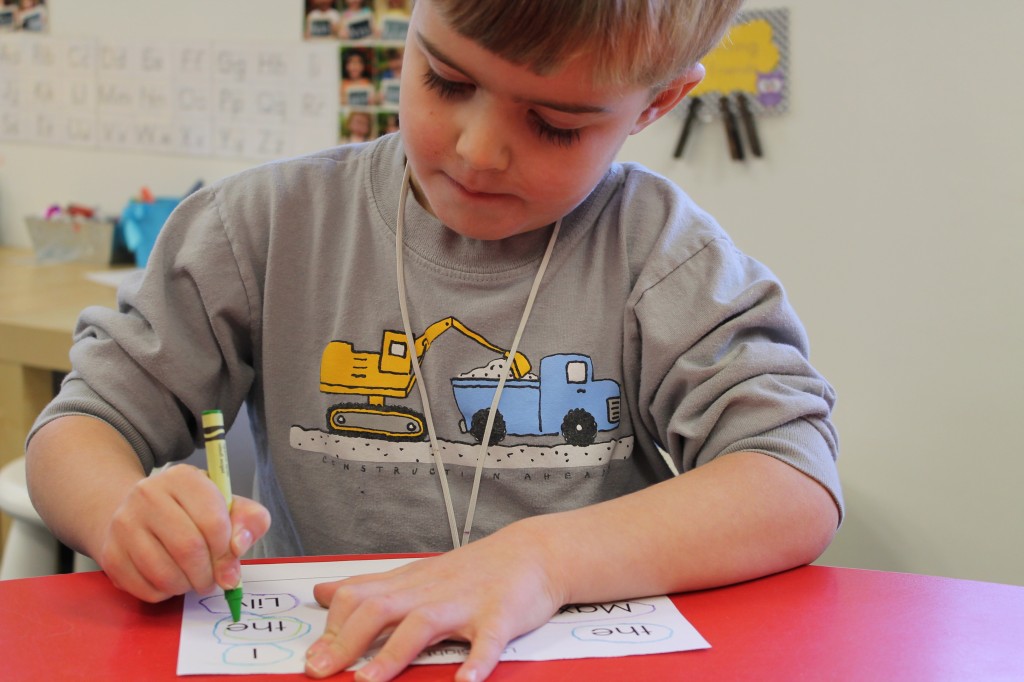
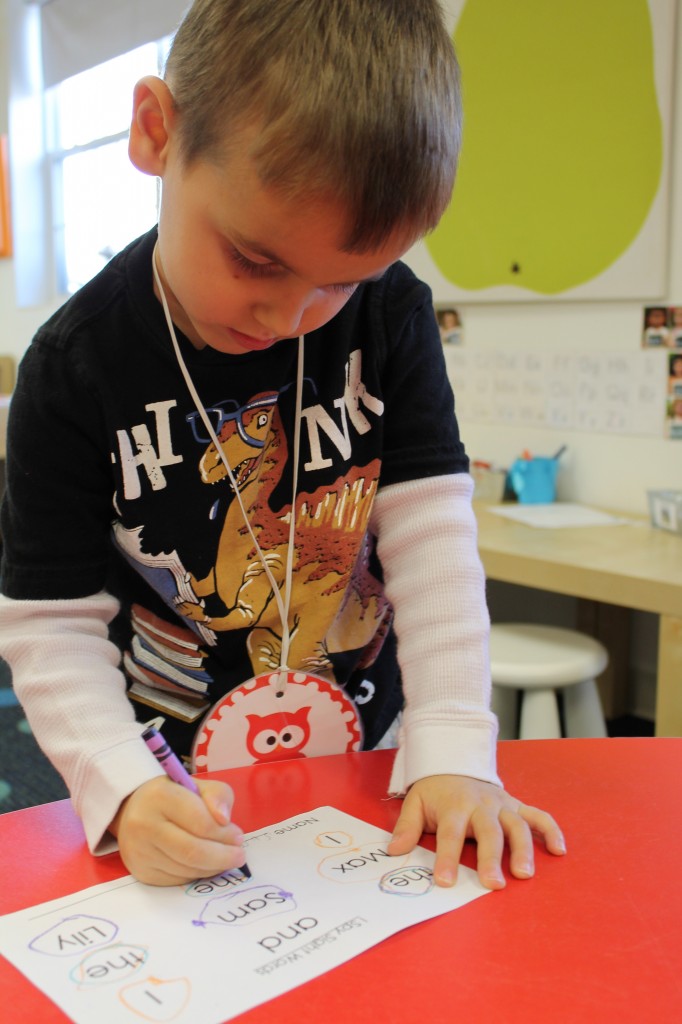
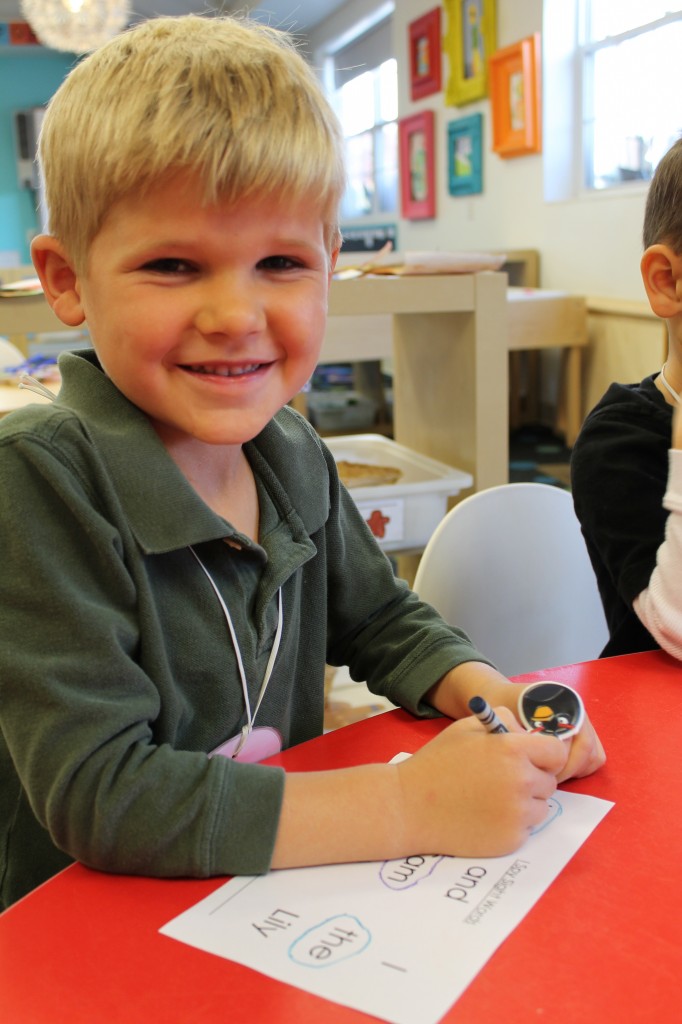
We started our reading groups today in Pre-k. The children were introduced to their magic reading finger which helps them become better readers! As young readers begin their journey into early reading, it is important for them to point to each word as they read. The children were also introduced to the sight words the and I today. These are great words to begin with during homework practice. They were excited to spot the new sight word in the book they read today. I Jump
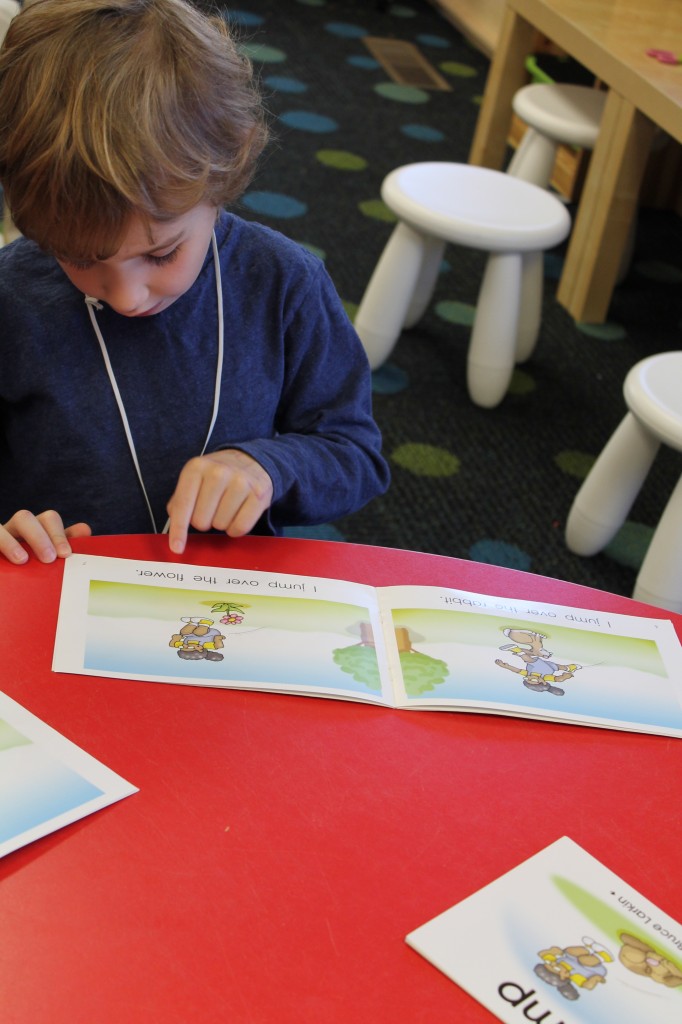
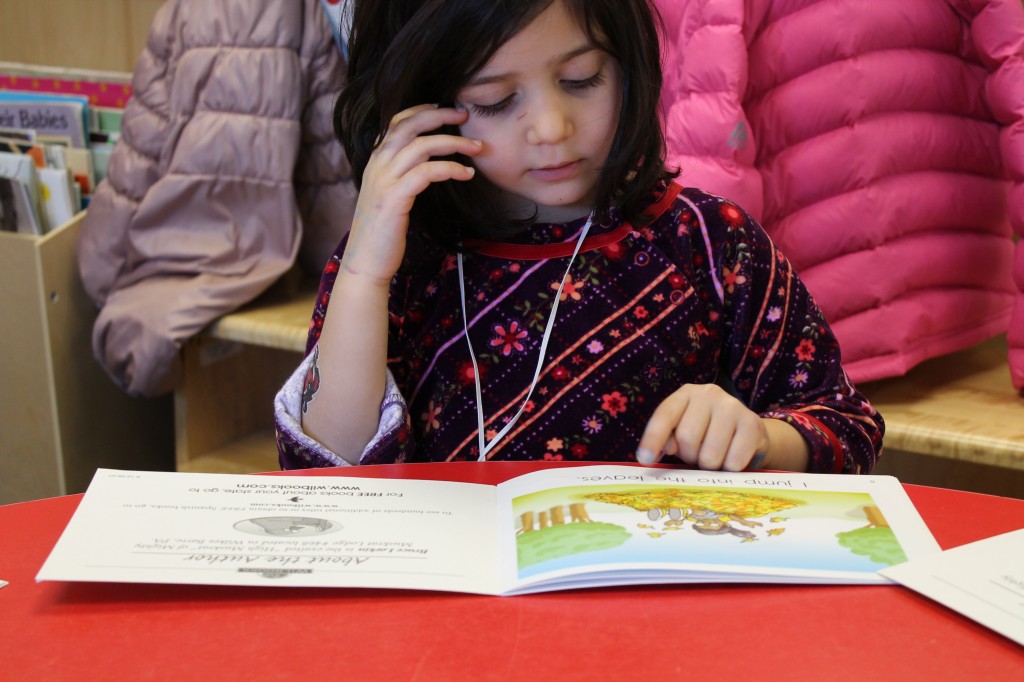
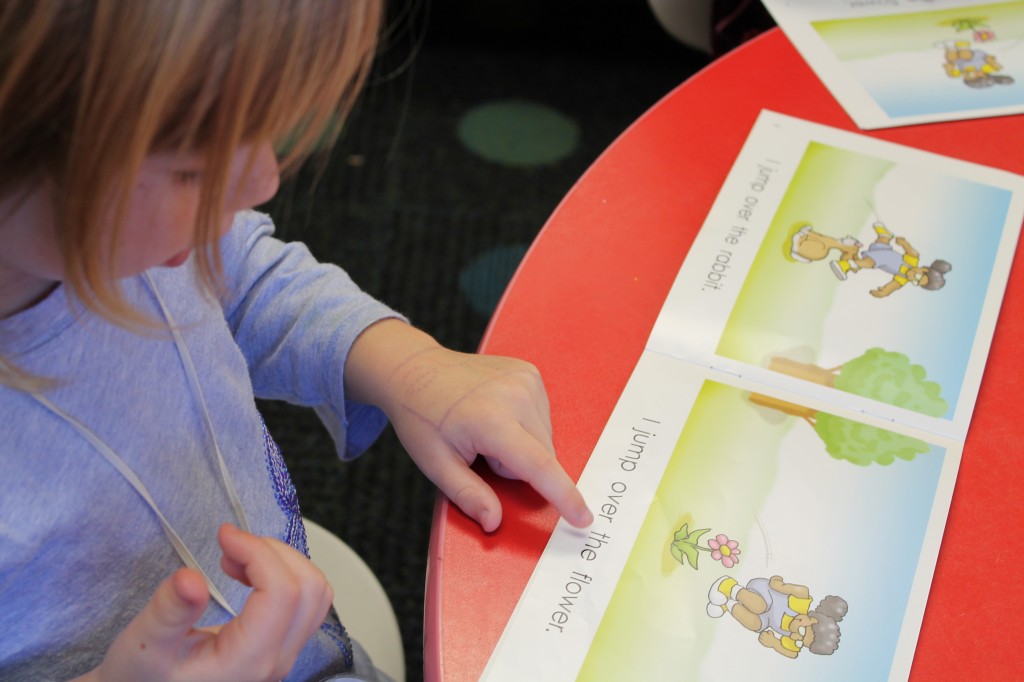
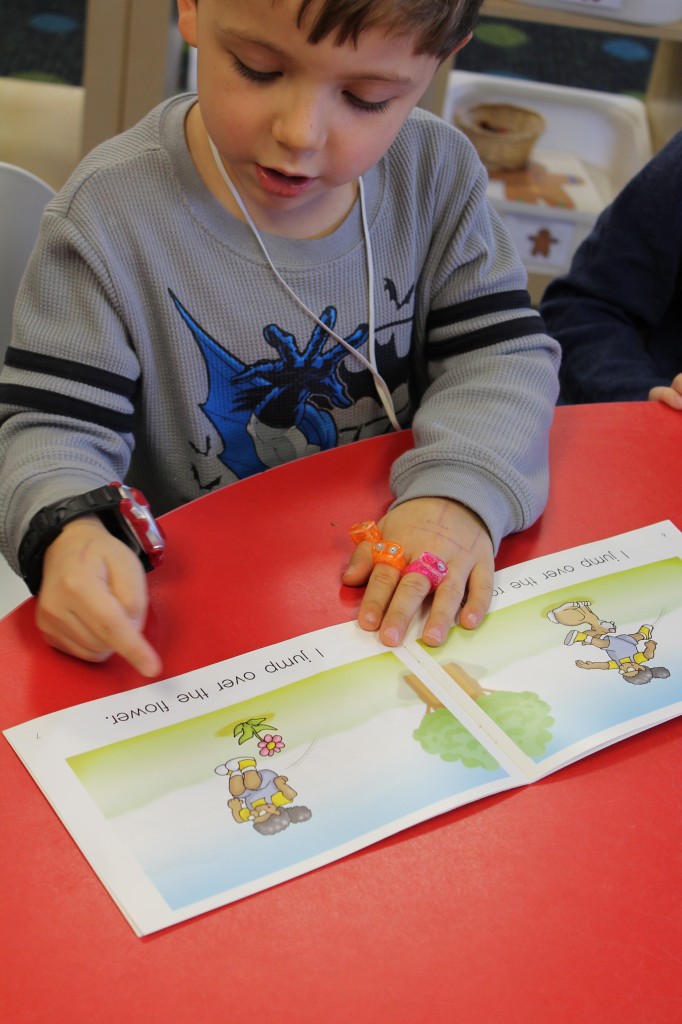
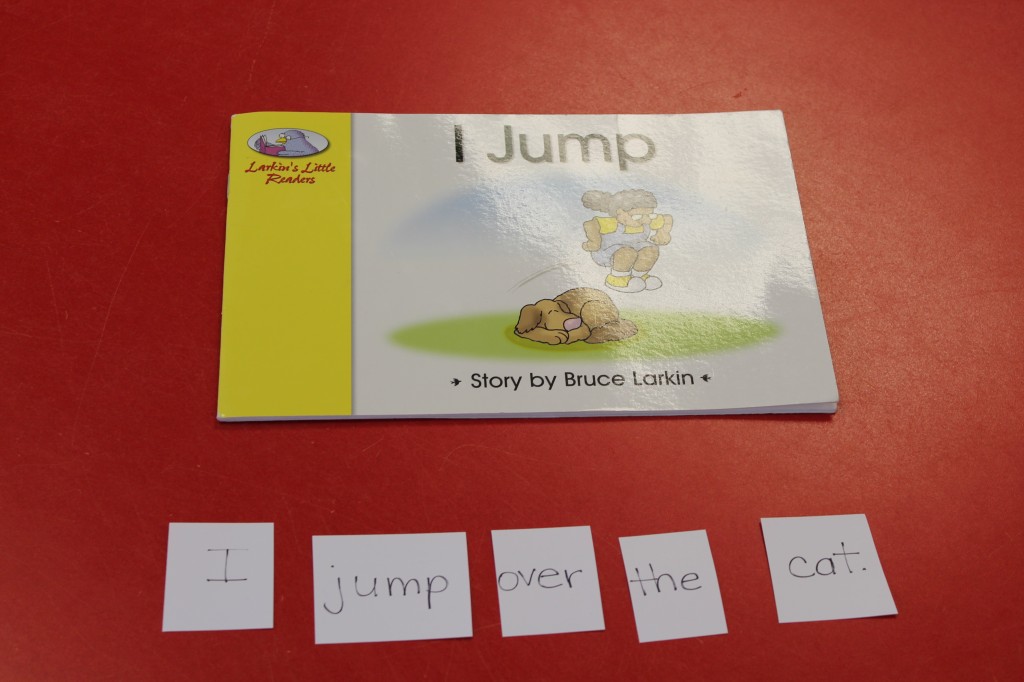
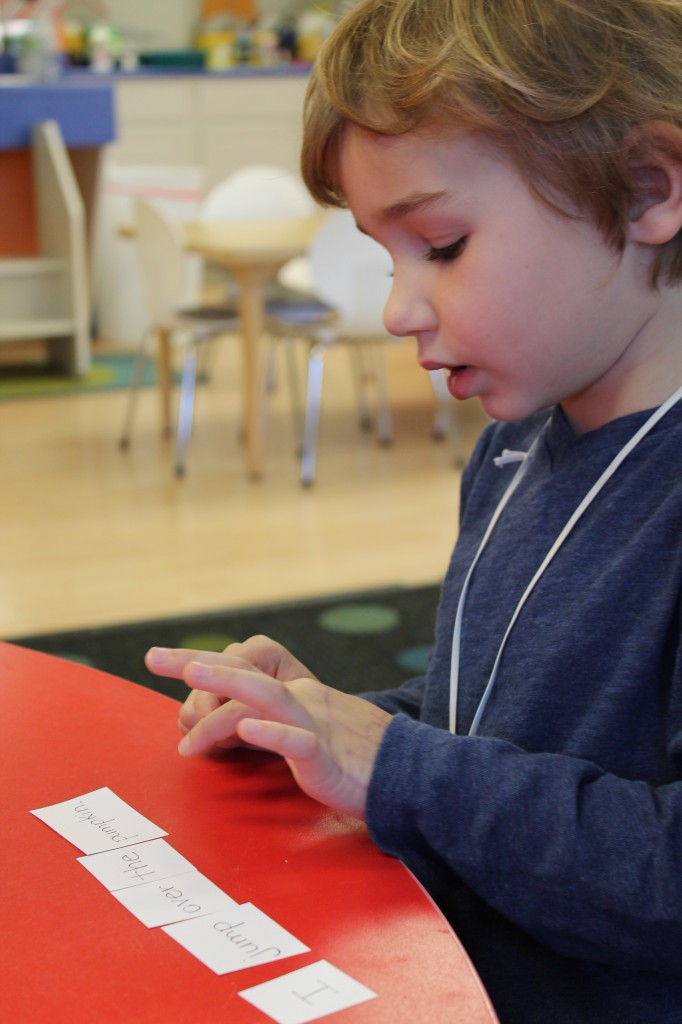
Creative Tots has specialized in the private education of both toddlers and preschool age children for over 15 years. We began in the heart of Madeira and now also have a new Mason location. We are specifically designed to focus on early childhood development for children ages 18 months to 5 years.

Click below to learn more about our program offerings:
